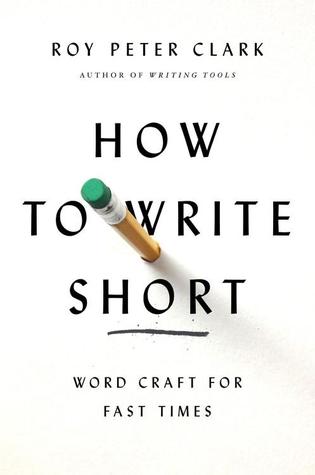Purpose: To share and encourage.
Writers can express doubts and concerns without fear of appearing
foolish or weak. Those who have been through the fire can offer
assistance and guidance. It’s a safe haven for insecure writers of all
kinds!
Posting: The first Wednesday of every month is officially Insecure Writer’s Support Group
day. Post your thoughts on your own blog. Talk about your doubts and
the fears you have conquered. Discuss your struggles and triumphs. Offer
a word of encouragement for others who are struggling. Visit others in
the group (click on the badge above for the list) and connect with your fellow writers - aim for a dozen new
people each time - and return comments. This group is all about
connecting!
 |
| Time for the red pen! |
And now for my own post: Editing Hell (and you can take the first word as a verb or the whole thing as a compound noun).
This is a live(ish)* report on the editing progress for Book 3 of the Pismawallops PTA mystery series (tentatively titled
Death By Adverb, though unless I do a bunch of work, that's not going to make sense). Maybe my process will offer help to someone, or at least the consolation that you're not as messed-up as I am.
Day One (about 9 January):
Re-read the draft. Really, this isn't half bad, right up until it turns messy and then abruptly ends without quite resolving things.
Day Two:
Build an outline of what's there. This is kind of fun. Oops. A few things are off, threads dropped or inconsistent. Still, really, what was I worrying about?
Day Three:
Building a plan for revisions. Okay, I need to change some characters a bit, and I think that I need to be clearer in my own head about who did it and why. But we're doing okay.
2 a.m. Holy seaweed, Batman! There's a plot hole you could drive an aircraft carrier through. And who the heck killed--oh, geez. Where was she, anyway? Return to sleep hoping these things won't look so bad in the morning.
Day Four:
They look even worse by the light of day. This MS really is a hot mess. Spend the day wondering how to address the problem. Still not settled in my own mind whodunnit. It's important to know that, isn't it? Give up and write flash fiction.
Day Five:
More procrastination. Start looking at the major gaps and weaknesses, and develop a pretty code for marking where to deal with each one. Look at Facebook. Contemplate long-distance hiking trip reports. Oooh! Pretty scenery! Maybe I should start planning our summer trips.
Days Six through Eight:
Still trying to get a grip on the means, motive and timing of the murder(s). By the end of Day Eight, a glimmer is beginning. Grab a pen and start jotting ideas until they begin to take on some form. This might be enough to go on with.
Day Nine:
Okay. I can do this. Making tons of notes, and marking more placed in the outline that need to be changed.
Day Ten:
Enough notes. Return to the MS. Since the beginning isn't bad, this brings back some of the confidence of Day One. Begin marking the MS for modifications.
Day Eleven:
Continue re-reading and marking for changes. Start re-thinking some of the alterations I wanted to make. That one will be a lot of work, and it might not be worth it. Begin looking for a work-around.
Days Twelve through Fourteen:
Repeat Day Eleven. It's a weekend. Dang, weekends mess with my working schedule. Maybe they're supposed to. Isn't that what weekends are for?
Days Fifteen & Sixteen:
I'm into the weeds, the part where everything in the first draft is wrong. It's not so bad, though: all I'm doing now it thinking about what I'll do to fix it. The challenge will come when I have to translate those notes into actual revisions. This may be a long process.
Day Seventeen:
Had an insight late yesterday about a major plot point. Changing it means a significant re-write of the second half of the book. It looks like the way to go, but I've changed my mind about the ending so many times...don't trust myself. Have to commit to one way or the other before I can continue.
Day Eighteen:
Took a long walk with a writer friend, followed by coffee (wonder what other patron of the coffee shop thought about our conversation, which was all about plausible murders...). With her help, I got a grip on the changes that need to be made. I can see my way clear now. I think.
Day Nineteen:
Got most of the important notes down, and sent them off for further input.
Days Twenty through Twenty-two:
Life intervenes. The MS sits there. It's in my mind, though, and one thing I contemplate is how to handle changes that will thread through the whole thing. I think I'll have to rewrite the second half first, and then go back and make sure the first half supports it. Does that make sense? Will be hot on the trail of the editing plan again tomorrow!
Day Twenty-three:
Spent several hours immersed in the story plan. We may be ready to start rewriting.
###
*Note: I totally faked this. It does pretty well reflect the process, but I didn't keep up the "live" aspect very consistently.
Since my own post is so long, I won't go into the question of the month, just suggest you might answer it in the comments, or tell me about your own editing hell! The February question is,
How has being a writer changed your experience as a reader?
































